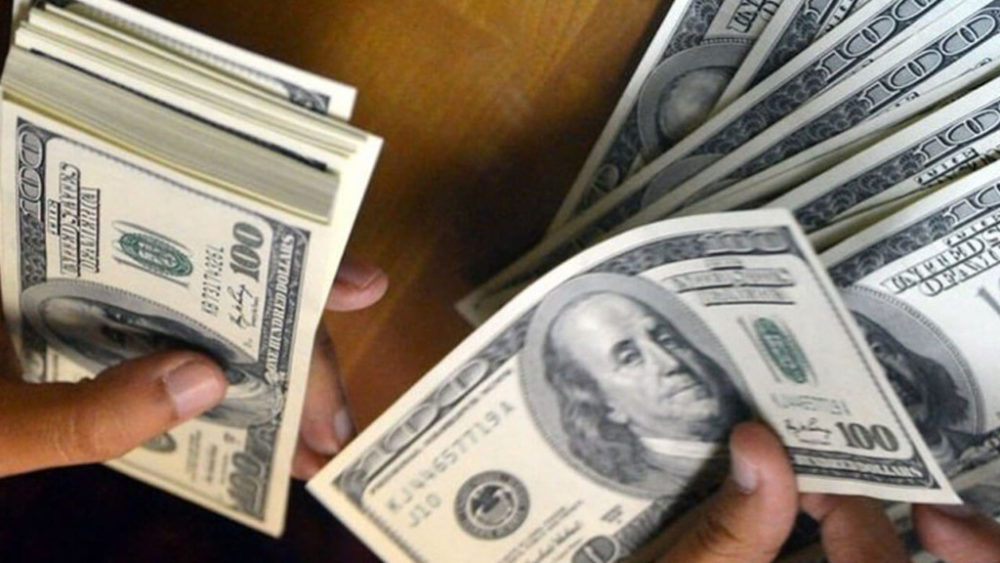Within a one year period covering June last year and June this year, Nigeria’s external reserves dropped by $8.9bn from $45.1bn to $36.2bn.
This was based on analysis of data released by the Central Bank of Nigeria.
Advertisement
This $36.2bn reserves represents a 19.7 per cent decrease when compared to what was held in the month of June 2019.
The CBN data showed that as of the second quarter of 2019, a period between March to June reserves was $45.1bn.
The reserves according to the apex bank fell to $41.9bn between August to September last year.
Further analysis showed that as of the end of the fourth quarter of 2019, the reserves further depleted to $38.6bn.
Advertisement
The nation’s reserves during the first quarter of 2020 dipped by further by $3.4bn to $35.2bn from $$38.6bn recorded in the last quarter of 2019.
The dip in the country’s reserves was against the backdrop of fall in oil prices which accounts for 90 per cent of the country’s foreign exchange revenue from export.
However, a gradual recovery was witnessed in the second quarter of this year where the reserves rose by $1.04bn or 2.95 per cent o $36.2bn.
The increase was facilitated by the $3.4bn loan form the International Monetary Fund and the gradual recovery in the prices of crude oil across the globe.
The fast depletion of the country’s external reserves of late provides disturbing evidence that foreign investors’ concerns about Nigeria economy had yet to abate.
Advertisement
Like every other country, experts say Nigeria needs strong foreign reserves to meet international payment obligations timely, boost the country’s credit worthiness, provide a buffer against external shocks as well as maintain a stable exchange rate.
Of all these, experts are of the view that safeguarding the value of the naira is the overarching objective.



